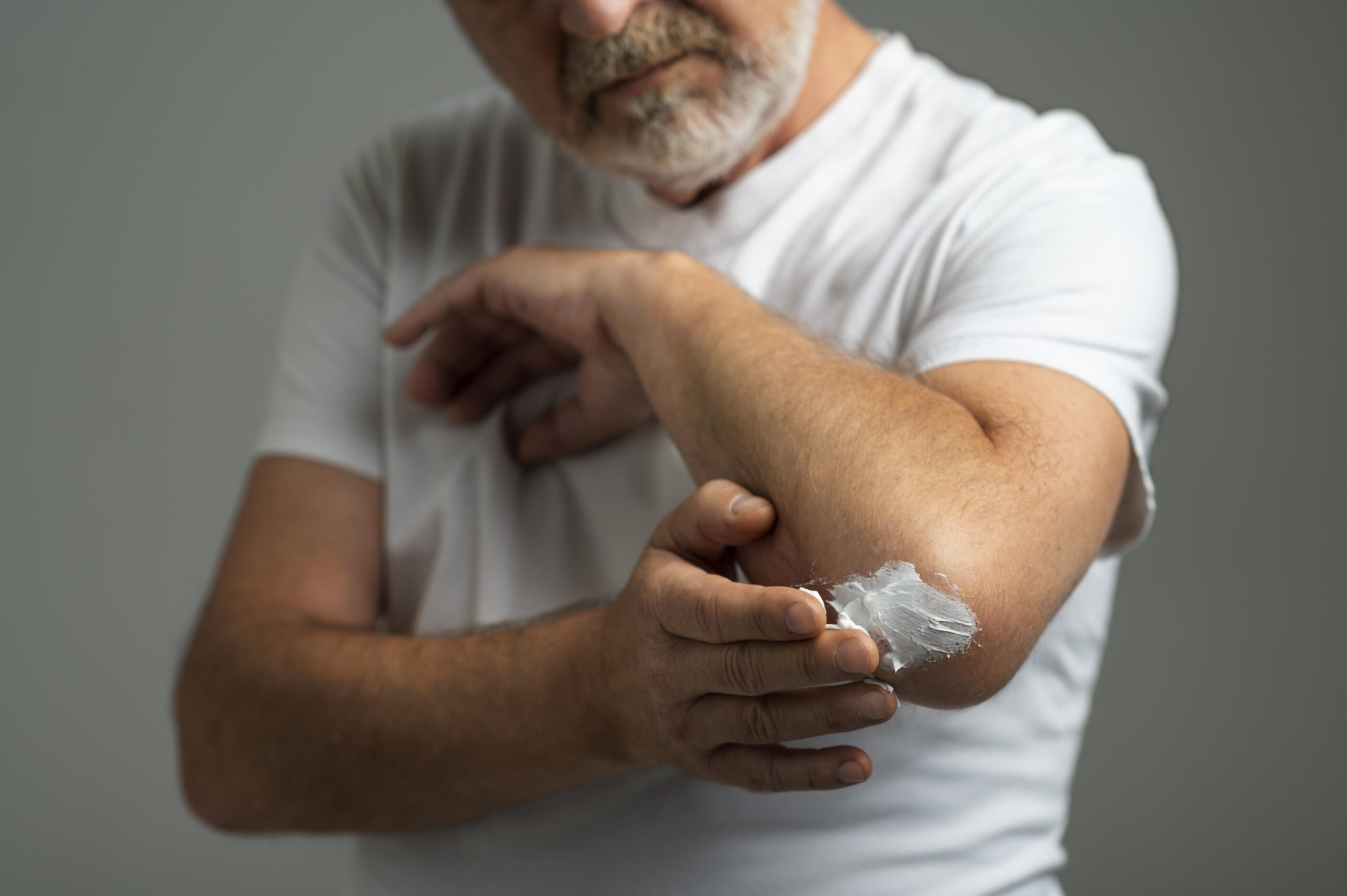Experiencing a sudden muscle cramp in the middle of the night is a common problem that can be both painful and disruptive to restful sleep. Known as nocturnal cramps, these sudden muscle contractions often target the calf muscles, thighs, and feet, jolting people awake with sharp pain. Despite the prevalence of this issue, the exact cause of night cramps remains largely mysterious. However, research has pointed to several possible triggers, from lifestyle factors to underlying health conditions. This article will delve into the potential causes of nighttime cramps and explore effective remedies to prevent and manage them, aiming to restore a good night’s sleep.
Understanding Nighttime Muscle Cramps
Muscle cramps are involuntary contractions of one or more muscles that can last from a few seconds to several minutes. They commonly affect the calves, though they may also impact the thighs and feet. Unlike muscle cramps caused by exercise, nocturnal cramps occur while at rest, often disrupting sleep and making it difficult to relax or fall back asleep afterward. For some individuals, nighttime cramps are an occasional annoyance, while others experience them frequently.
Common Causes of Nighttime Muscle Cramps
- Muscle Fatigue
One of the primary contributors to nighttime cramps is muscle fatigue, which occurs when muscles become overworked or strained. This is particularly common in people who engage in strenuous physical activities or jobs that require prolonged standing or walking. During sleep, the body tries to repair these strained muscles, which can lead to spasms and cramps as the muscles contract involuntarily in response to stress.
- Dehydration
Dehydration is another common factor in muscle cramps. Muscles require a balance of water and electrolytes, such as sodium, potassium, and magnesium, to function properly. When dehydration occurs, this balance is disrupted, which may increase the likelihood of cramps. During sleep, especially in warmer environments or if hydration has been inadequate throughout the day, the body may struggle to maintain this balance, leading to muscle cramps.
- Electrolyte Imbalance
Closely related to dehydration, an electrolyte imbalance can be a significant contributor to nocturnal cramps. Electrolytes help regulate nerve and muscle function, and a deficiency in key minerals—especially magnesium, potassium, and calcium—can increase the likelihood of cramping. Low levels of these minerals reduce muscle relaxation and can result in involuntary contractions, especially at night.
- Prolonged Sitting or Resting
Sitting or lying in one position for too long can restrict blood flow to certain muscles, which may lead to cramping. For example, many people who sit for long periods with their legs crossed experience restricted blood flow to the calf muscles. This restriction affects circulation, and when the muscles are finally relaxed during sleep, the tension built up throughout the day can release suddenly, leading to a cramp.
- Poor Blood Circulation
Certain health conditions, such as peripheral artery disease, diabetes, or varicose veins, can affect blood circulation and increase the risk of muscle cramps. Poor circulation prevents muscles from receiving adequate oxygen and nutrients, which can lead to muscle fatigue and cramping, particularly at night when circulation naturally slows down.
- Nerve Compression or Neurological Disorders
Nerve compression, especially in the lower back or spine, can contribute to muscle cramps at night. Conditions such as spinal stenosis, sciatic nerve issues, and even neuropathy can interfere with nerve function in the legs. This interference can lead to increased muscle activity, resulting in cramping. Additionally, neurological disorders like multiple sclerosis and Parkinson’s disease can cause spasms and cramps during sleep.
- Aging
Aging is a known factor that increases the likelihood of muscle cramps, particularly at night. With age, muscles lose elasticity and tend to become stiffer, which can lead to cramping. Additionally, older adults tend to experience a decrease in muscle mass, leading to higher levels of fatigue in the remaining muscle fibers. Circulation may also be reduced with age, further increasing the risk of nighttime cramps.
- Pregnancy
Leg cramps at night are prevalent in pregnant women, especially during the third trimester of pregnancy. This may be due to a combination of hormonal changes, weight gain, and increased pressure on the nerves and blood vessels in the legs. Additionally, pregnancy often increases nutritional needs, making pregnant women more susceptible to deficiencies in key minerals like magnesium and calcium, which can contribute to muscle cramps.
- Certain Medications
Certain medications can increase the likelihood of muscle cramps. Diuretics, for example, increase urine output, which can lead to dehydration and an electrolyte imbalance. Other medications that can lead to cramps include statins, beta-blockers, and some antihistamines. If night cramps started after beginning a new medication, it might be worth consulting a healthcare provider to determine if the medication could be a contributing factor.
Remedies and Prevention Tips for Nighttime Cramps
- Stretching Before Bed
A gentle stretching routine before bed can help prevent cramps by relaxing the muscles. Focus on the calf muscles, thighs, and feet, holding each stretch for about 30 seconds. A calf stretch, for instance, involves standing a few feet from a wall, leaning forward, and pressing one heel down to stretch the calf. Regular stretching helps lengthen muscles, reducing the risk of involuntary contractions.
- Staying Hydrated
Maintaining adequate hydration throughout the day is essential for preventing nighttime cramps. The general recommendation is to drink water consistently and aim for at least 8 cups (2 liters) a day. In warmer climates or after physical activity, more water may be necessary. For those who wake up frequently due to cramping, keeping a water bottle by the bedside may also help.
- Improving Electrolyte Balance
Including a diet rich in electrolytes can significantly reduce the risk of nighttime cramps. Potassium, found in bananas, potatoes, and oranges, is particularly effective in preventing cramps. Calcium and magnesium are also crucial for muscle function, and foods such as leafy greens, nuts, seeds, and dairy products can be beneficial. In cases of severe deficiencies, a healthcare provider may recommend electrolyte supplements.
- Practicing Proper Sleeping Positions
For some people, sleeping in certain positions can contribute to cramps, particularly if blood flow is restricted. Adjust your sleeping position to keep your legs straight and avoid putting pressure on the calves. Consider elevating your legs slightly by placing a pillow under your knees to promote blood flow and reduce strain.
- Wearing Supportive Footwear
If you experience cramps frequently, evaluate your daily footwear. Shoes that offer poor support can contribute to muscle fatigue and cramping. Wearing supportive shoes with arch support, especially if you’re on your feet for long periods, can make a difference in cramp prevention. For added comfort, consider cushioned insoles.
- Massage and Warm Compresses
Massaging the legs before bed can help to relax tense muscles and improve blood circulation. Using warm compresses or heating pads on the affected areas before sleeping can also promote relaxation. Heat increases blood flow and reduces muscle stiffness, helping to lower the likelihood of cramping during the night.
- Supplements (Magnesium, Vitamin B Complex)
Supplements such as magnesium or a vitamin B complex may help reduce cramps. Magnesium plays an essential role in muscle relaxation and is often prescribed for individuals who experience frequent cramps. Vitamin B complex has also shown potential benefits in preventing cramps by supporting nerve function and muscle health. However, before beginning any supplement regimen, always get medical advice.
- Moderate Physical Activity
Regular, moderate exercise can improve muscle tone and prevent cramps. Low-impact exercises, such as walking or swimming, enhance circulation and reduce muscle tension, which can lower the risk of cramping. However, avoid intense exercise before bedtime, as this may lead to fatigue-induced cramps.
- Medication Review with a Healthcare Provider
If you suspect that a medication is contributing to your cramps, it may be beneficial to speak with your healthcare provider. They may be able to adjust your dosage or recommend an alternative treatment that doesn’t increase the risk of cramping.
When to Seek Medical Help
While occasional cramps are usually harmless, frequent or severe cramps may indicate an underlying medical issue. If cramps are persistent, worsen over time, or are accompanied by other symptoms such as numbness, weakness, or swelling, consult a healthcare professional. Conditions such as peripheral artery disease, nerve compression issues, or deficiencies may require medical intervention to manage symptoms effectively.
Conclusion
Nighttime muscle cramps are a common issue with multiple possible causes, from dehydration and electrolyte imbalances to more complex factors like aging, nerve compression, and certain medications. While no single solution works for everyone, a combination of lifestyle adjustments—such as staying hydrated, stretching before bed, and maintaining a balanced diet rich in electrolytes—can often make a significant difference. For those with persistent cramps, discussing symptoms with a healthcare provider may uncover an underlying issue that can be managed with targeted treatments. By understanding the potential causes and remedies, it’s possible to reduce the frequency and severity of nocturnal cramps, promoting a more restful and uninterrupted sleep.
This article should provide a well-rounded and fully original look into the topic of nighttime cramps, tailored to address the causes and possible remedies. Let me know if you would like to add further details on any specific remedies or delve into more complex causes!



